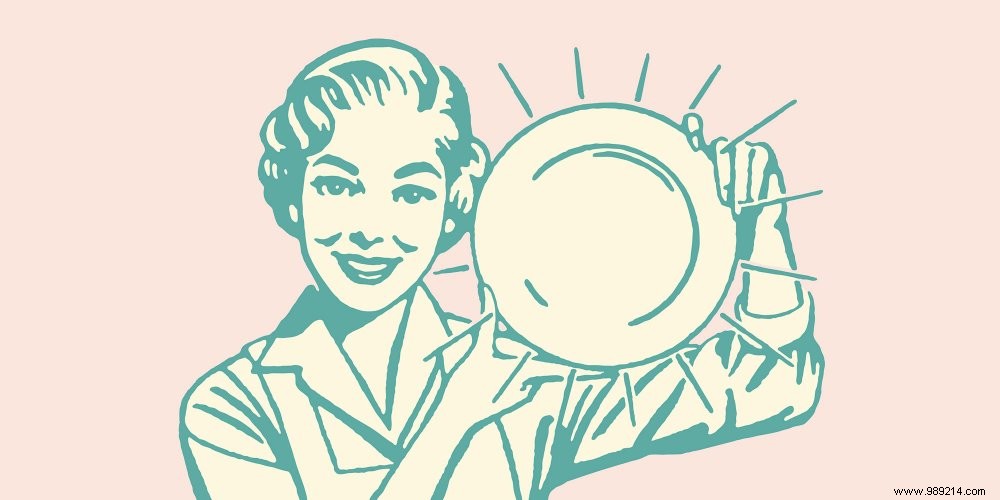 Restrict yourself or even outright deprive yourself of water and food for a few hours to several days to "detoxify" his body:this is the principle of fasting. Experts answer us on the merits of this increasingly popular practice.
Restrict yourself or even outright deprive yourself of water and food for a few hours to several days to "detoxify" his body:this is the principle of fasting. Experts answer us on the merits of this increasingly popular practice. According to the Larousse, to fast means to abstain from eating, but the definition does not specify how long. And it is precisely this unknown that is a determining element of the answer to the question:"Should we be afraid of fasting?"
“There are two main ways of fasting:intermittent fasting, which does not exceed twenty-four hours and does not present any danger to health, and therapeutic fasting, which can last up to three weeks and must be done imperatively. under medical supervision", summarizes Dr Nicolas Zamaria, author of Your health at the end of the fork * . We talk about intermittent fasting (the "fasting ") when you deprive yourself of food for sixteen hours a day (you skip dinner or breakfast).
You can also eat normally six days of the week and take a break for twenty-four hours. "For example, we stop eating after lunch and we don't eat anything solid until lunch the next day," says the doctor. When you start a long fast, lasting several days or even several weeks, you inevitably upset your body.
"This cannot be done without medical supervision. You have to check every day that there are no abnormalities, that the blood pressure is good. You have to watch for any side effects (headaches, stomachaches, digestive disorders, nausea, fatigue, irritability, insomnia, etc. It is aberrant to see non-doctors offering cures lasting several weeks. appearance of anemia, thyroid insufficiency…” insists Dr. Zamaria.
Video of the day:Among these unscrupulous practitioners, naturopaths are currently singled out. "You should know that naturopathic studies do not train in the accompaniment of fasting, you have to study more and, even with this specialization, long fasts absolutely require medical supervision", wishes to specify Marc Le Quenven, naturopath in Paris, who deplores the lack of seriousness of some therapists who harm the profession, and who warns against the miraculous promises of certain stays (often overpriced).
"Even if there is a person on whom fasting has had amazing results, that does not make it a truth for everyone. We must be wary of these speeches which create too much hope", continues the therapist. Instead of the long method, he prefers intermittent fasting to punctually put the digestive system on hold, whereas, in our societies, "we tend to eat too much and all the time".
Studies have shown that depriving yourself of food – never water – for a short period of time can have positive effects. They are however modest and only appear if the approach is regular and above all associated with a healthy overall lifestyle. "We see that blood sugar (blood sugar levels, editor's note) tends to improve, insulin sensitivity too. For profiles at risk of diabetes, it's interesting. The impact is also beneficial on lipid parameters as well as on the immune system and serotonin production", details Dr. Zamaria.
Regarding therapeutic fasting, the risk-benefit balance is less obvious. Studied by the Russians from the 1950s, it is now practiced medically in Germany and in certain Eastern countries, but is not recognized by medicine in France. "Some scientific publications show that, under serious conditions, it can improve the condition of people with skin problems, asthma or allergies, poorly controlled hypertension, early diabetes. However, studies have often been made on few subjects, so you have to be careful", nuances the doctor.
As for fasting for several days to lose weight, the risk is also to lose muscle mass and not fat, and gain weight quickly.
(*) Ed. Marco Pietteur, 28 euros. The royalties are donated to the Institut Pasteur for research.